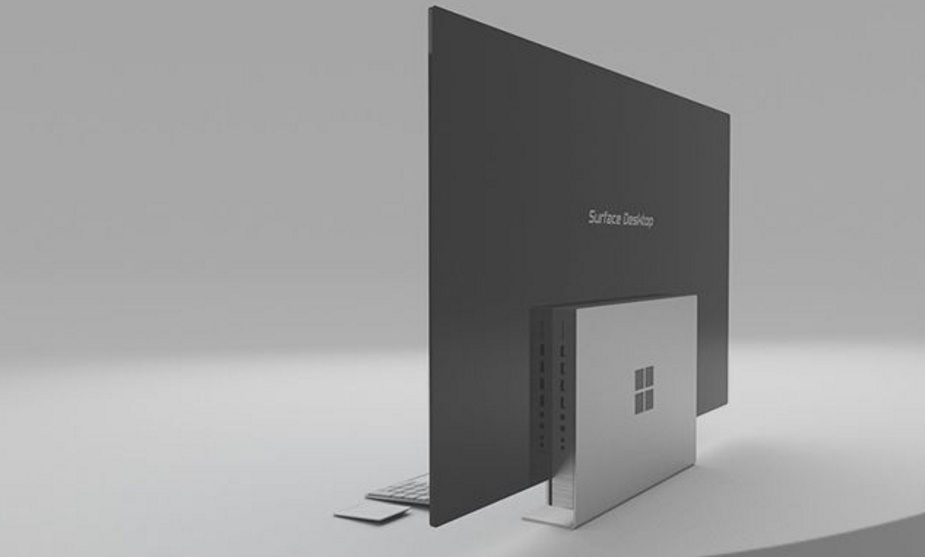
The All-In-One is a special kind of computer, which arose to popularity somewhere in the late 90s, as a response to consumers demand for computers that are not “just for geeks”. The key characteristics of an AIO should be consistent with a standard of aesthetic elegance, pain-free initial setup, ease of use, and performance, at a reasonable price.
In essence, an all-in-one, is a machine that you’ll never have to open, or upgrade, and which is good enough, and easy enough for the majority of users.
With that said, Apple has raised the bar of all-in-ones quite a bit with the latest iMac Retina, with some very high-end features dating back years prior to the unprecedented support for 4K and 5K resolutions. The market for the AIO Windows PC has widened to include premium features as well, with products like the Asus Zen Pro, a Windows 10 PC that takes direct aim at the Apple iMac, with design features reminiscent of the Apple’s flagship desktop computer, and priced accordingly, to reflect a device most definitely in the premium range.
Speaking of the Zen Pro, word has it that Microsoft may be working on adding a new device to its Surface line up. The computer in question is rumored to be a modular all-in-one, at least according to a patent filed by microsoft, which shows a design suggesting interchangeable components designed to enhance the PC.
This rumor is not new, and has not seen much updates since its first inception, with barely any leaked evidence. With that said, common sense is what gives body to this idea, which might very well be something that the average PC user would flock to.
The design of a Surface desktop AIO might, not surprisingly, reflect the current trend of high-end AIOs, the likes of Asus and MSI, featuring 25 inch and up, crisp and bright displays, capable of at the very least UHD/4K resolution, and most likely powered by Skylake or Kaby Lake CPUs, with the choice of 8GB or 16GB of RAM, and, of course, a choice of GeForce GTX 1060, and 1070, or 1080. Storage options are expected to match, or even exceed those offered by current Surface products, starting at 256GB SSD, up to 1TB, and perhaps even further, as Samsung has recently announced a brand new 4TB size to its current EVO lineup.
As we mentioned earlier, what would be particularly exciting about a Surface AIO, is the modular portion, which allows to upgrade a model with better specs, using a plug-and-play approach. This design would of course be radically different from the average AIO, with upgradeable components most likely fitting slots or mini-racks, capable of primarily accommodating interchangeable RAM, video hardware, and storage drives.
Until confirmation from Microsoft, all this is, of course, pure speculation, but considering Microsoft’s latest focus on devices like the Surface Book, it’s not hard to believe that the company would be interested in creating an all-in-one Surface computer, to rival the iMac.